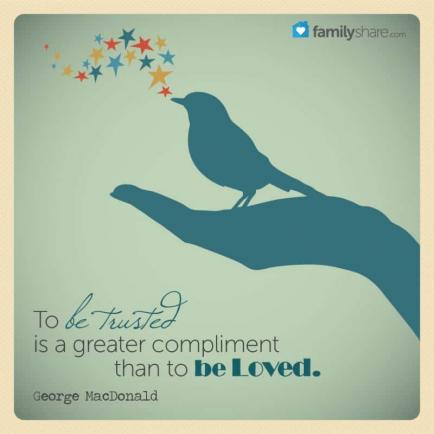
We are mistake-makers. It is part of being human. Every day, more accurately, every hour, we err. Whether in areas of judgment, precision, or skill - individuals forget to read an entire report, overlook a deadline or rush to the next task without first checking their calendar. In short, we are error-ridden folk. This we have in common. The difference lay in how we handle our mistakes and how we respond to the transgressions of others. Do we write people off, cut them from our life (personally and professionally)? Or in the midst of the heat, do we look for some way to salvage the situation and thereby offer a lifeline to the offender?
Judgment
As people prone to creating tangled webs of problems (intentionally or not) we have a decision to make. On this barely subconscious level, each person decides whether to offer someone the benefit of the doubt or not. In short mental steps of succession, we've already judged and juried another's transgression or we've offered forgiveness. Depending upon the person who has harmed us (or our project, objective, feelings or ego), we decide. How we determine to lend some measure of compassion or grace is generally a multifactorial proposition. Did we enjoy a good breakfast? Have that second cup of coffee? Was the ride to work uneventful? Did our inbox contain the messages we anticipated? Or none of the above?
Blame
Seems petty, doesn't it? Too often we further compound one mistake by meting out added layers of punishment simply to make a point. People generally feel bad enough after making a problematic issue larger. On a practical scope, dredging up an individual's shortcomings does nothing to solve the problem. It's just that it comes so naturally to be critical of another's failings and we're so good at blaming.
Expectation
Instead of believing the worst about another person (doesn't matter much what they did or didn't do), try extending the benefit of doubt. See how that person responds. Extend trust, both in terms of being able to right the wrong - and by expecting better results for the future. Watch what happens. Individuals who are aware of their shortcomings are already feeling defensive, on the edge, and ready to do battle - in their mind, it's me against the world.
Trust
So, a strong offensive stance is required here - offer pardon, grace and some gesture of confidence in their ability to do better. The final word on trust - none of us deserve it, but there's no one who doesn't cherish it and then attempt to live up to another's higher expectation. It's a win-win situation for communities, for businesses, and for families.
A few closing words on trust.
"You may be deceived if you trust too much, but you will live in torment if you don't trust enough."� Frank Crane
"Few things help an individual more than to place responsibility upon him, and to let him know that you trust him."� Booker T. Washington
"It is better to suffer wrong than to do it, and happier to be sometimes cheated than not to trust."� Samuel Johnson
The next time (and it will be soon) someone wrongs you in some way, take a few minutes to consider the judgment you are making and the blame you are assigning. Are you expecting perfection? How would you like to be treated after your next blunder? Giving others the benefit of the doubt makes the world a better place for everyone.

